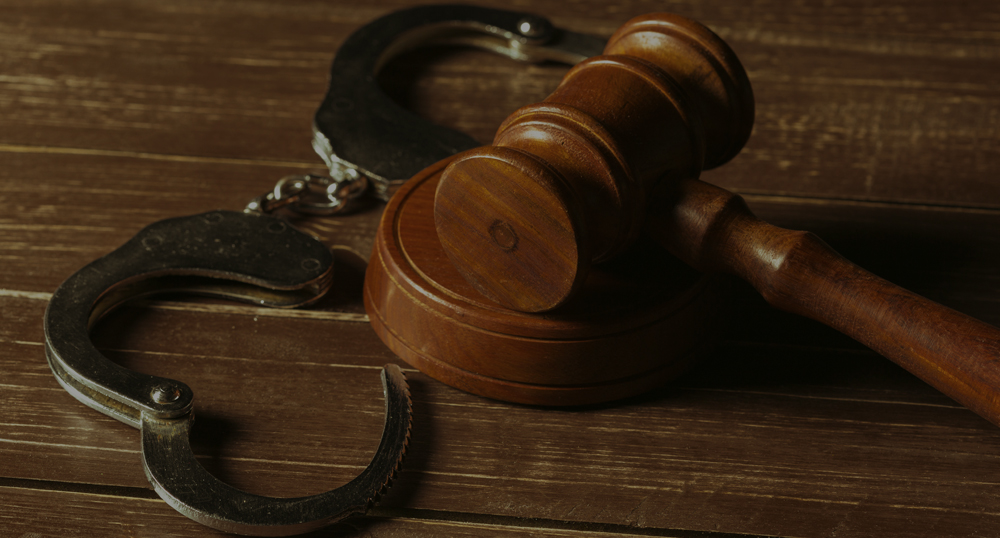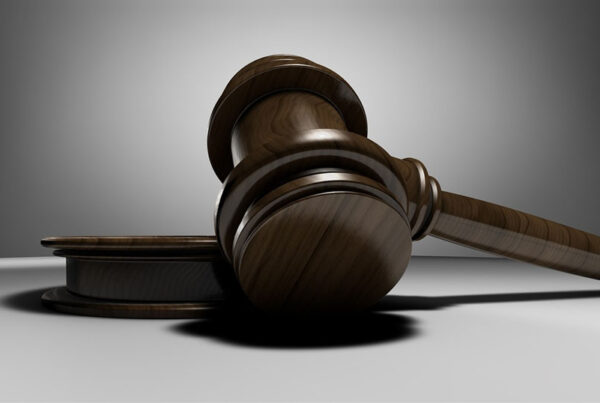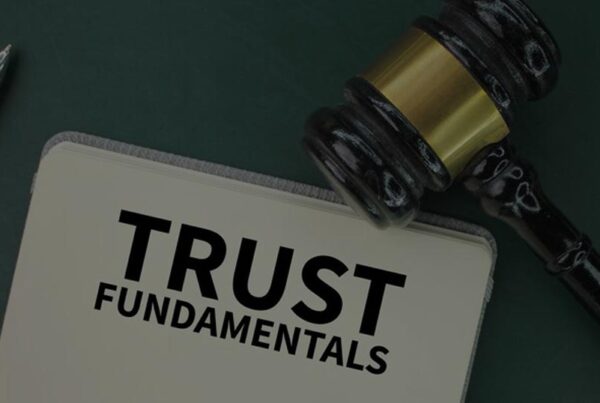For most people, the term RICO charge conjures up images of mobsters and organized crime. The reality however, is that RICO charges are not limited to mafia-like organized crime. Rather, a wide variety of illegal activities and parties can be subject to RICO violations.
Today, Azhari Federal Criminal Lawyer will share with you everything you need to know about RICO charges, along with RICO case examples, and the potential penalties one could face if found guilty.
What is a RICO Charge?
RICO is the abbreviation for the Racketeer Influenced and Corrupt Organizations Act. First introduced in 1970, RICO charges were indeed initially conceived as a means of targeting organized crime.
Prior to the RICO Act becoming law, prosecutors could not bring charges against an entire criminal organization. They could only bring charges against a specific person for a specific crime, but not an entire enterprise. RICO charges allowed prosecutors to tie multiple crimes together, and finally go after the biggest players involved in organized crime – and not just their underlings.
In today’s world, RICO charges are used more broadly than just a tool against organized crime. RICO violations have been levied against traditional “mafia”, as well as street gangs, cartels, corporations, and even corrupt police departments and politicians.
RICO charges can be brought against anyone who participates in a pattern of criminal activity, on behalf of an enterprise.
What is Racketeering?
In order to fully understand RICO charges, we must define the concept of racketeering.
Racketeering is not a specific crime itself, but rather a broad umbrella term used to describe a wide range of crimes.
Racketeering primarily refers to a pattern of illegal business activities that result in financial gain. In fact, the Racketeer Influenced and Corrupt Organizations Act allows 35 different forms of racketeering activity to be prosecuted as RICO violations. These include but are not limited to:
- Arson
- Bribery
- Counterfeiting
- Extortion
- Homicide
- Kidnapping
- Robbery
- Wire Fraud
The Key Components of a RICO Violation
In order to be convicted of a RICO violation, the prosecution must prove 5 factors beyond reasonable doubt. They include:
- The existence of a criminal enterprise,
- That interstate commerce was affected by the enterprise,
- That the defendant had an association with the enterprise,
- That a pattern of racketeering activity was committed by the defendant,
- That the defendant committed at least 2 acts of racketeering activity related to an “enterprise”, within a period of 10 years.
In terms of RICO violations, an enterprise is considered to be any individual, partnership, corporation or other group of associated individuals.
To establish a relationship between the defendant and an enterprise, the prosecution must prove at least one of these relationships:
- That the defendant invested money gained from racketeering activities into the enterprise.
- That the defendant used a pattern of racketeering activity to gain an interest or control in the enterprise.
- That the defendant participated in the enterprise’s business through the racketeering activities.
- Or that the defendant conspired with the enterprise to conduct any of these activities.
RICO Case Examples
Since becoming law over 50 years ago, the Racketeering Influenced and Corrupt Organizations Act has been used to bring down the heads of numerous criminal enterprises.
John Gotti
One of the most prominent RICO case examples involved the notorious head of the Gambino family, John Gotti. Gotti was indicted in 1990 under RICO violations including murder, obstruction of justice, loan sharking, and other crimes. He was sentenced to life in prison, dying in 2002.
Hells Angels
In 1979, RICO charges were brought against Sonny Barger, and other members of the Oakland chapter of the Hells Angels motorcycle club. The accusations included both drug and gun offenses. However, the government was unable to prove that the gun and drug dealings were a formal part of club policy. Barger was ultimately acquitted when the jury became deadlocked and could not reach a verdict.
Key West Police Department
In 1984, the Racketeering Influenced and Corrupt Organizations Act was used to declare the Key West Police Department a criminal organization. The Deputy Police Chief Raymond Cassamayor was arrested on RICO charges of running a protection racket for cocaine smugglers.
Penalties for RICO Violations
How long are you in jail for rico charges? It depends on the specific crime of course, but the majority of RICO violations are considered to be federal offenses. As such, they carry significant penalties including:
- Prison Time – RICO charges can carry a minimum of 20 years in prison, up to life imprisonment for the most severe offenses.
- Fines – Fines can vary, but can be up to $250,000 or as much as twice the value of the proceeds of the crime.
- Restitution – The court may order the convicted party to pay restitution to the victims of the crime to compensate for their financial losses.
- Forfeiture of Assets – The court may also order that any assets gained by or used to commit the racketeering offense be forfeited. This includes real estate, vehicles, bank accounts and any other assets.
- Treble Damages – Victims who have been damaged by a racketeer may sue for treble damages, which is triple the amount of the actual damages incurred.
What to Do if You Are Facing RICO Violation Charges
If you are facing RICO violations, it’s imperative that you get help from an experienced criminal defense lawyer as soon as possible. The more experience your defense attorney has handling RICO cases, the more likely they will be able to help you develop an effective strategy for your defense.
While RICO charges are indeed serious, there are ways to defend yourself.
Remember, the prosecution must be able to prove beyond a shadow of a doubt the existence of a criminal enterprise with a common purpose. You may also be able to dispute your involvement in, or knowledge of any criminal activities in an enterprise. In some circumstances, you may even be able to seek a plea bargain on lesser charges.
Never try to fight these charges on your own. You absolutely need assistance from an attorney who has successfully defended others against RICO charges.
If you need help defending against RICO charges, contact Sami Azhari Federal Criminal Lawyer. Sami has over 17 years of experience defending federal crimes across the US, and has tried over 100 federal cases – including many involving RICO charges.
Contact Sami Azhari Federal Criminal Lawyer for a consultation on your defense against RICO charges. Sami will help you understand your case, and your rights, while you form a strong defense together. Contact Sami today.







